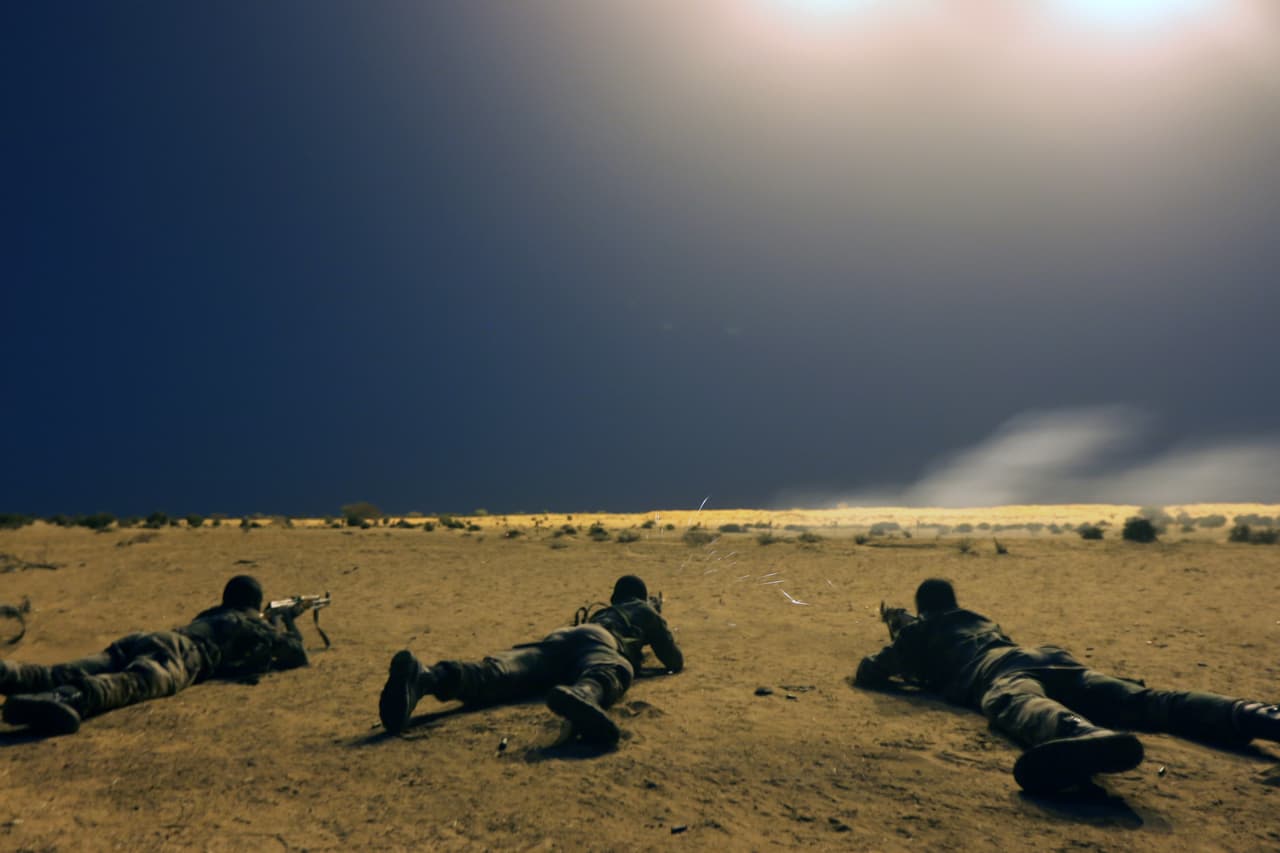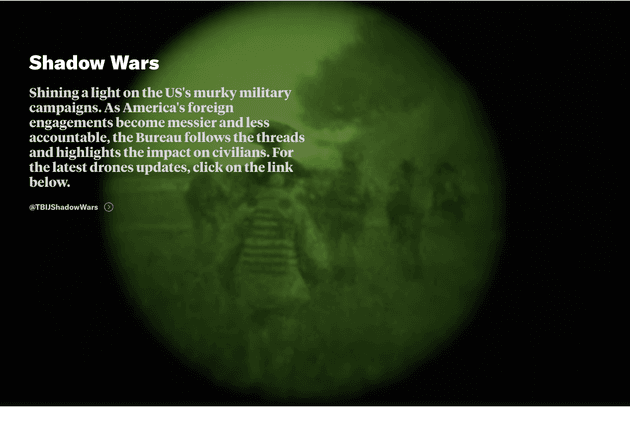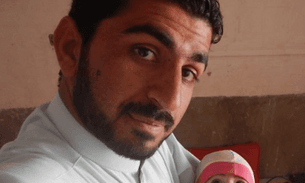
“Shadow wars have been accelerated and put on steroids by the Trump team”
The Bureau launches new Shadow Wars project to explore America's murky military campaigns
In October 2017, four American commandos were killed in a ferocious battle in a country with which the US was not at war, thousands of miles away from the Middle East and South Asian bases of the terrorist organisations America had spent the previous 16 years fighting. The Niger incident was a particularly dramatic example of a trend which is starting to cause concern among US policymakers: the military engagements unleashed in the aftermath of the 9/11 attacks have become ever deeper, more geographically dispersed and murkier.
The global war on terror has been through different iterations since President George W. Bush ordered the invasions of Iraq and Afghanistan. As US troops became bogged down in messy insurgencies in those countries, Bush's successor, President Barack Obama, sought to pursue what was presented as a more precise way of targeting enemies, whilst simultaneously seeking to withdraw ground troops. Commandos hunted insurgent leaders in Iraq and Afghanistan, while secret CIA drones unleashed missiles on the latter's allies across the border in Pakistan. Drone strikes also crept up in Yemen and Somalia and the Bureau produced an award-winning body of work documenting this covert war’s unacknowledged human cost.
Under President Donald Trump the US counterterrorism campaign is shifting into another phase, and the Bureau is today launching a new project to investigate it - Shadow Wars.
Make change possible
Investigative journalism is vital for democracy. Help us to expose injustice and spark change
Click here to support usThe new phase is in some ways a continuation and evolution of trends seen under Obama. The same reluctance to deploy American troops applies, as does the impetus to respond militarily to radical groups around the world. But as extremist groups spread and metastasise, the US's military engagements are becoming ever more widespread, and complicated. Peter Singer, a senior Fellow at the New America Foundation, who is a leading expert on security, says: “Shadow wars have been going on for a long time, but what's clearly happened is that they've been accelerated, and the mechanisms for oversight and public notification have been peeled back. The trend lines were there before, but the Trump team are just putting them on steroids.”
A new US drone base has been built in Niger, but its ultimate purpose is unclear. In Afghanistan, the US is trying to prevail over the Taliban, without committing to a substantial increase in troop numbers, by waging an increasingly secretive air war. In Yemen, the US is leaning on the United Arab Emirates as its on the ground counterterrorism partner, a country with a troubled human rights record. Meanwhile, proxy confrontations with Iran are threading themselves into the mix.
Our Shadow Wars project will widen the focus of the Bureau’s drone warfare work. Over the next year, we will bring new and important aspects of US military strategy to light, of which drones are just one troubling aspect.
We will explore issues such as America’s increasing reliance on regional allies, the globalisation of the private military industry, the blurring of lines between combat and support missions and the way corruption fuels a state of permanent conflict. As with our work on drones, our primary concern in this new project is to publicise the effects these evolving practices of war have on the civilians on the ground.
 Screenshot of our new shadow wars microsite
Screenshot of our new shadow wars microsite
Whilst pursuing new investigative angles, we will continue to maintain our extensive databases on strikes in Afghanistan, Yemen, Somalia and Pakistan. When we began recording these operations, they were still cloaked in secrecy. In part because of the work of organisations such as the Bureau, they became slightly less so – under President Obama, some measures towards greater transparency on drone strikes were introduced, and a formal policy on the use of lethal force outside of warzones was published.
However, the current phase of the war on terror has seen a concerning rollback of even these small steps, and collecting data and holding the US government to account for its actions remains an urgent task. You can read our 2018 report, Naming the Dead, looking back on our seven years of investigation into US drones strikes, here. You can continue to get the data on strikes and other drone warfare updates by clicking here.
Follow the Shadow Wars team on @tbijshadowwars.
Main photo: Nigerian soldiers training. Taken by Staff Sgt. Kulani Lakanaria


